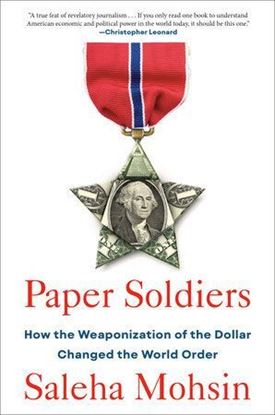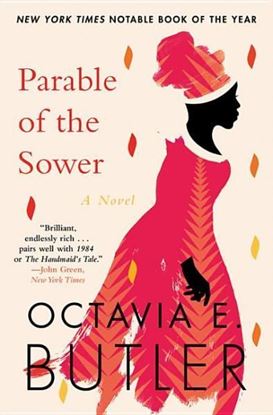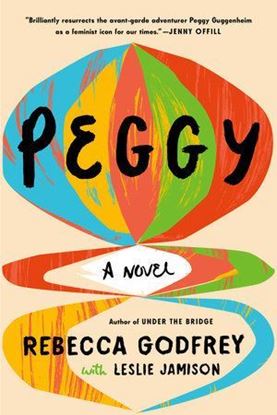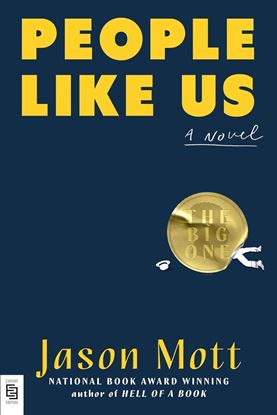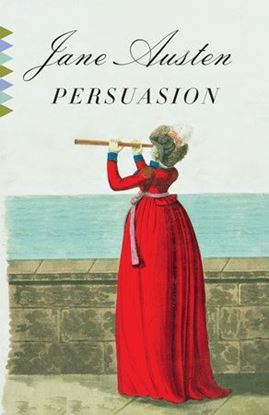

PAPER SOLDIERS
In 1995, Treasury Secretary Robert Rubin re-defined the next thirty years of currency policy with the mantra, “A strong dollar is in America’s interest.” That mantra held, ushering in exceptional prosperity and cheap foreign goods, but the strong dollar policy also played a role in the devastating hollowing out of America’s manufacturing sector. Meanwhile, abroad, the United States increasingly turned to the dollar as a weapon of war. In Paper Soldiers, Saleha Mohsin reveals how the Treasury Department has shaped U.S. policy at home and overseas by wielding the American dollar as a weapon—and what that means in a new age of crisis.
For decades, America has preferred its currency superpower-strong, the basis of a “strong dollar” policy that attracted foreign investors and pleased consumers. Drawing on Mohsin’s unparalleled access to current and former Treasury officials like Robert Rubin, Steven Mnuchin, and Janet Yellen, Paper Soldiers traces that policy’s intended and unintended consequences, including the rise of populist sentiment and trade war with China—culminating in an unprecedented attack on the dollar’s pristine status during the Trump presidency—and connects the dollar’s weaponization from 9/11 to the deployment of crippling financial sanctions against Russia. Ultimately, Mohsin argues that, untethered from many of the economic assumptions of the last generation, the power and influence of the American dollar is now at stake.
With first-hand reporting and fresh analysis that illustrates the vast, often unappreciated power that the Treasury Department wields at home and abroad, Paper Soldiers tells the inside story of how we really got here—and the future not only of the almighty dollar, but the nation’s teetering role as a democratic superpower.
1,995
PARABLE OF THE SOWER
When global climate change and economic crises lead to social chaos in the early 2020s, California becomes full of dangers, from pervasive water shortage to masses of vagabonds who will do anything to live to see another day. Fifteen-year-old Lauren Olamina lives inside a gated community with her preacher father, family, and neighbors, sheltered from the surrounding anarchy. In a society where any vulnerability is a risk, she suffers from hyperempathy, a debilitating sensitivity to others' emotions.
Precocious and clear-eyed, Lauren must make her voice heard in order to protect her loved ones from the imminent disasters her small community stubbornly ignores. But what begins as a fight for survival soon leads to something much more: the birth of a new faith . . . and a startling vision of human destiny.
1,400
PEGGY
Venice, 1958. Peggy Guggenheim, heiress and now legendary art collector, sits in the sun at her white marble palazzo on the Grand Canal. She’s in a reflective mood, thinking back on her thrilling, tragic, nearly impossible journey from her sheltered, old-fashioned family in New York to here: iconoclast and independent woman.
Rebecca Godfrey’s Peggy is a blazingly fresh interpretation of a woman who defies every expectation to become an original. The daughter of two Jewish dynasties, Peggy finds her cloistered life turned upside down at fourteen, when her beloved father perishes on the Titanic. His death prompts Peggy to seek a life of passion and personal freedom and, above all, to believe in the transformative power of art. We follow Peggy as she makes her way through the glamorous but sexist and anti-Semitic art worlds of New York and Europe and meet the numerous men who love her (and her money) while underestimating her intellect, talent, and vision. Along the way, Peggy must balance her loyalty to her family with her need to break free from their narrow, snobbish ways and the unexpected restrictions that come with vast fortune.
1,150
PEOPLE LIKE US
The riveting new novel by the author of the 2021 National Book Award winner and bestseller Hell of a Book
People Like Us is Jason Mott’s electric new novel. It is not memoir, yet it has deeply personal connections to Jason’s life. And while rooted in reality, it explodes with dreamlike experiences that pull a reader in and don’t let go, from the ability to time travel to sightings of sea monsters and peacocks, and feelings of love and memory so real they hurt.
In People Like Us, two Black writers are trying to find peace and belonging in a world that is riven with gun violence. One is on a global book tour after a big prize win; the other is set to give a speech at a school that has suffered a shooting. And as their two storylines merge, truths and antics abound in equal measure: characters drink booze out of an award trophy; menaces lurk in the shadows; tiny French cars putter around the countryside; handguns seem to hover in the air; and dreams endure against all odds.
1,350
PEOPLE WE MEET ON VACATION (DELUXE)
Poppy and Alex. Alex and Poppy. They have nothing in common. She’s a wild child; he wears khakis. She has insatiable wanderlust; he prefers to stay home with a book. And somehow, ever since a fateful car share home from college many years ago, they are the very best of friends. For most of the year they live far apart—she’s in New York City, and he’s in their small hometown—but every summer, for a decade, they have taken one glorious week of vacation together.
Until two years ago, when they ruined everything. They haven’t spoken since.
Poppy has everything she should want, but she’s stuck in a rut. When someone asks when she was last truly happy, she knows, without a doubt, it was on that ill-fated, final trip with Alex. And so, she decides to convince her best friend to take one more vacation together—lay everything on the table, make it all right. Miraculously, he agrees.
Now she has a week to fix everything. If only she can get around the one big truth that has always stood quietly in the middle of their seemingly perfect relationship. What could possibly go wrong?
2,300
PERSUASION
Anne Elliot, daughter of the snobbish Sir Walter Elliot, is woman of quiet charm and deep feelings. When she was nineteen she fell in love with—and was engaged to—a naval officer, the fearless and headstrong Captain Wentworth. But the young man had no fortune, and Anne allowed herself to be persuaded to give him up.
700

